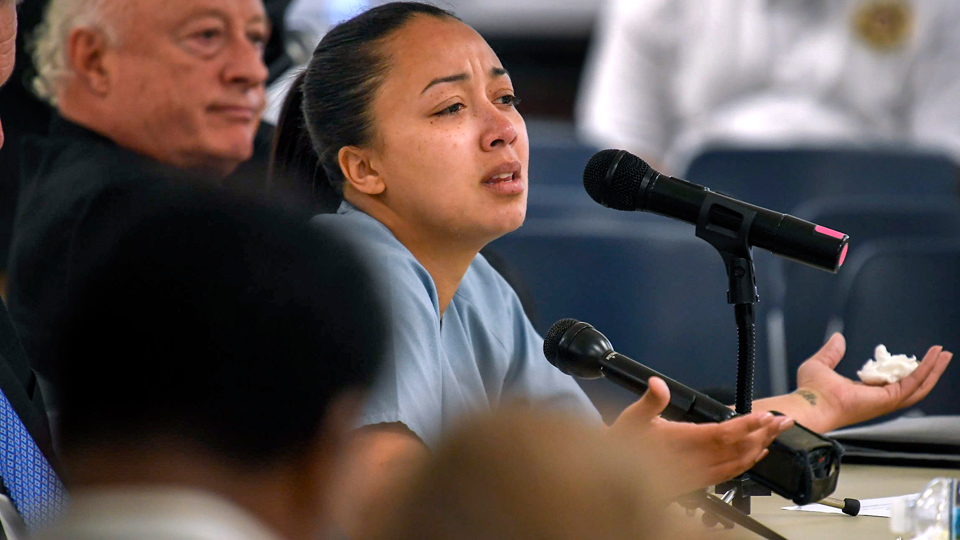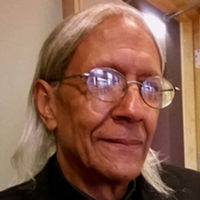
On January 7, Tennessee Governor Bill Haslam announced at a press conference that he was granting Cyntoia Brown’s request for clemency. Brown will be released on August 7 of this year. The news was received with much jubilation by the many organizations and activists who worked so fervently for her release. The triumph of their fight shows that this was truly a peoples‘ victory, that could have wide-reaching ramifications.
African-American clergy and Democratic lawmakers were among the first to speak out. Other organizations, including Black Lives Matter, MomsRising.org, and the American Indian Coalition joined in a chorus of community support, demanding freedom for Brown.
Haslam’s decision came one month after the Tennessee Supreme Court ruled that Brown would have to serve an additional 51 years in prison before being eligible for release. The decision sparked outrage across the nation.
Brown’s struggle for clemency brought support for her from celebrities such as Rihanna, Kim Kardashian West and LeBron James.
In 2004 real estate agent Johnny Allen was found naked in bed with a gunshot wound to his head after he solicited Brown for sex. Brown was sixteen at the time and said she shot him because she feared for her life.
Brown’s advocates maintained that she was forced into prostitution by an abusive boyfriend. Her supporters contend she was treated unjustly by a legal system laced with racism toward people of color and, in particular, toward girls and women of color.
In 2006 a jury convicted Brown of first-degree murder and robbery. She was sentenced to life in prison with the possibility of parole. In March, 2011 national attention was brought to her case by the PBS documentary “Me Facing Life: Cyntoia’s Story.”
The governor further announced that Brown will be released on August 7, seven months from the date her clemency was granted. Organizations and activists who fought for Brown’s release have questioned the length of time Brown has to wait before she is freed. MomsRising.org, an online and on-the-ground organization of more than 1,000,000 mothers, released a statement expressing their satisfaction with Brown being released, but noted that they believe she “should be freed now and not have to wait until August 7.”
Supporters of Brown are hopeful that her release will focus attention on the thousands of juveniles held in the criminal justice system as adults. There is widespread advocacy across the country for criminal justice and sentencing reforms. As Tennessee State Senator Brenda Gilmore, D-Nashville, noted recently on Brown’s case, “We must remain cognizant of the fact that Cyntoia was treated as a criminal instead of a victim and remember that there are thousands of Cyntoias still out there, young women and young men. Hopefully, her case can bring about some systemic change.”
It is clear the movement cannot rest on its laurels but must move forward so that this case can have a precedent-setting effect.












Comments